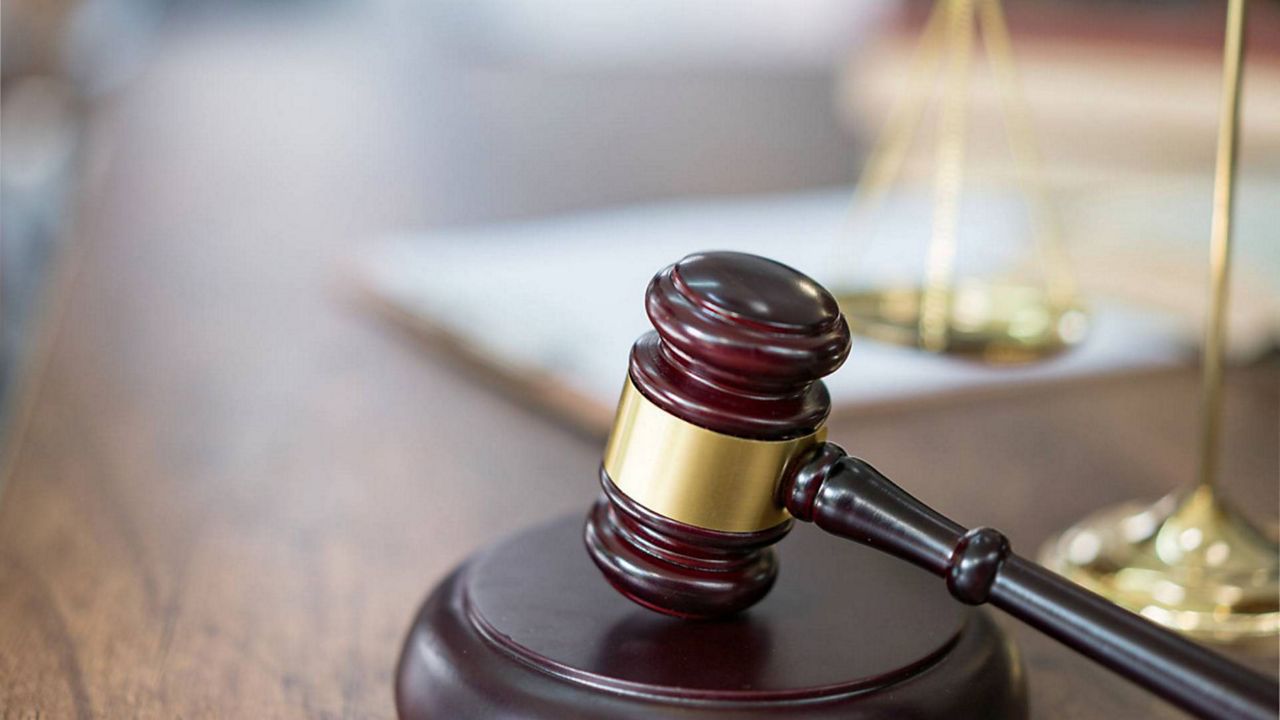Judges who preside over criminal courts would be required to undergo yearly training for New York's bail laws under a measure proposed Thursday by two state lawmakers.
The proposal, which was also paired with a measure that is meant to tighten investigative oversight by the Commission on Judicial Conduct, comes as Gov. Kathy Hochul has proposed in her $227 billion budget plan a change to the law that has largely restricted cash bail requirements for many criminal charges.
Lawmakers and Hochul are debating the bail change this state budget season in Albany after an election year in which crime and public safety have been top concerns for voters.
But Democrats who control the state Senate and Assembly have been hesitant to embrace further changes this year to the bail law, which has been flashpoint in the broader debate over public safety policy.
Instead, lawmakers have suggested judges need to be better trained to administer the bail law as it is.
Hochul wants to end the "least restrictive" standard for serious criminal charges in New York when bail is considered. The provision is meant to clarify the existing law, Hochul has said.
Training for judges, as proposed by lawmakers this week at a hearing on criminal justice measures in the budget, was rejected by top state court officials.
“The lack of transparency and accountability from our court system is shocking and should alarm all New Yorkers," said state Sen. Mike Gianaris, the deputy majority leader. "These bills are two of many steps necessary to instill greater public confidence in our judicial branch of government.”
Meanwhile, the Commission on Judicial Conduct would be empowered to investigate judges who have retired or resigned from the bench, closing what legislators called a loophole.
“The true administration of justice requires public faith in an impartial, unimpeachable, and competent judiciary," said Senate Judiciary Committee Chairman Brad Hoylman-Sigal. "Sadly, New York’s judicial accountability laws are shrouded in secrecy, fostering perceptions of corruption, incompetence, and unaccountability. We don’t even know if our judges are keeping up with major changes in the law. These bills will ensure our judiciary is properly trained and that bad apples are publicly identified and disciplined, restoring the public’s trust in our court system.”


